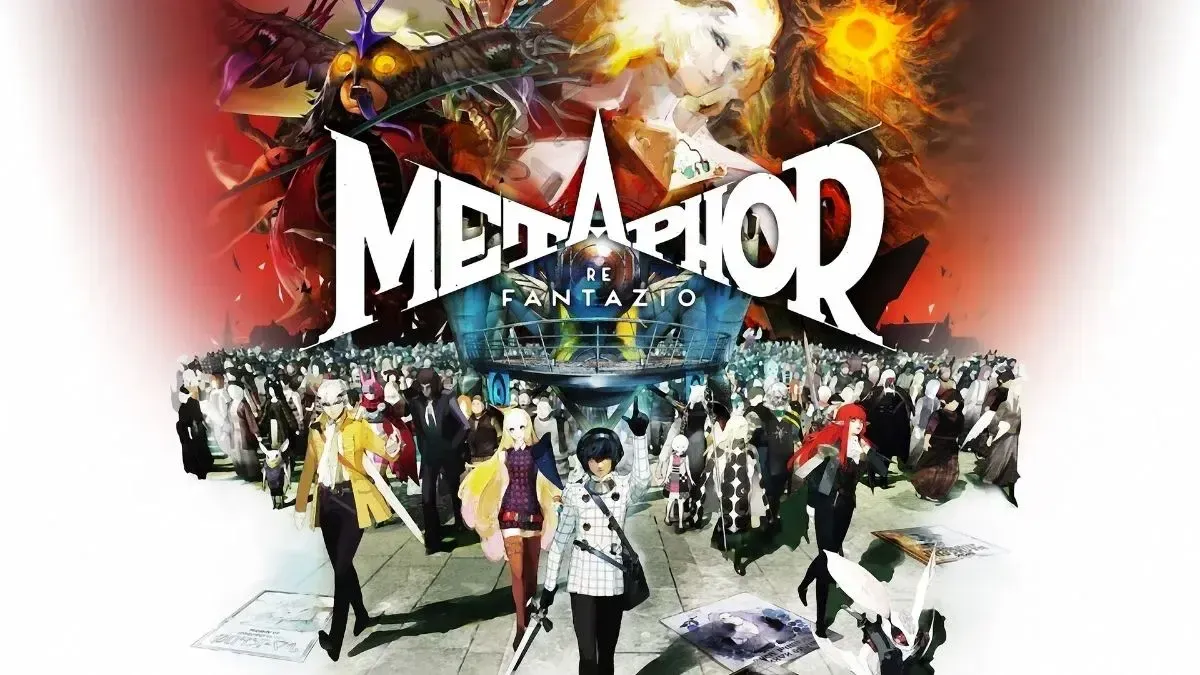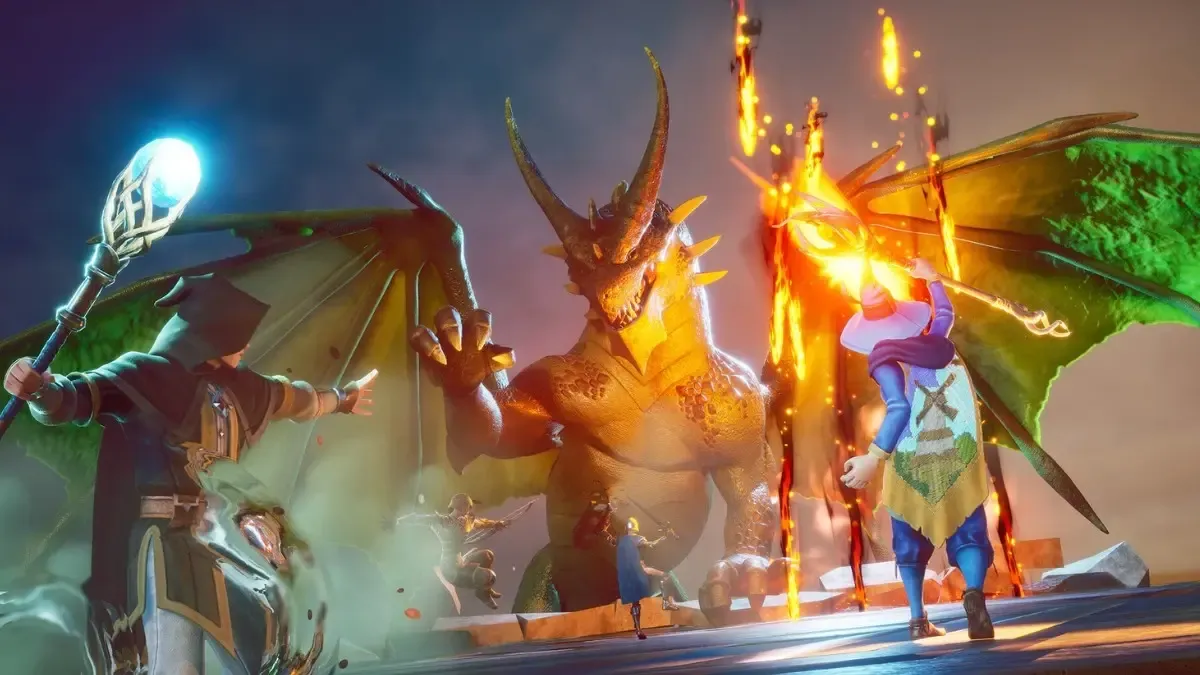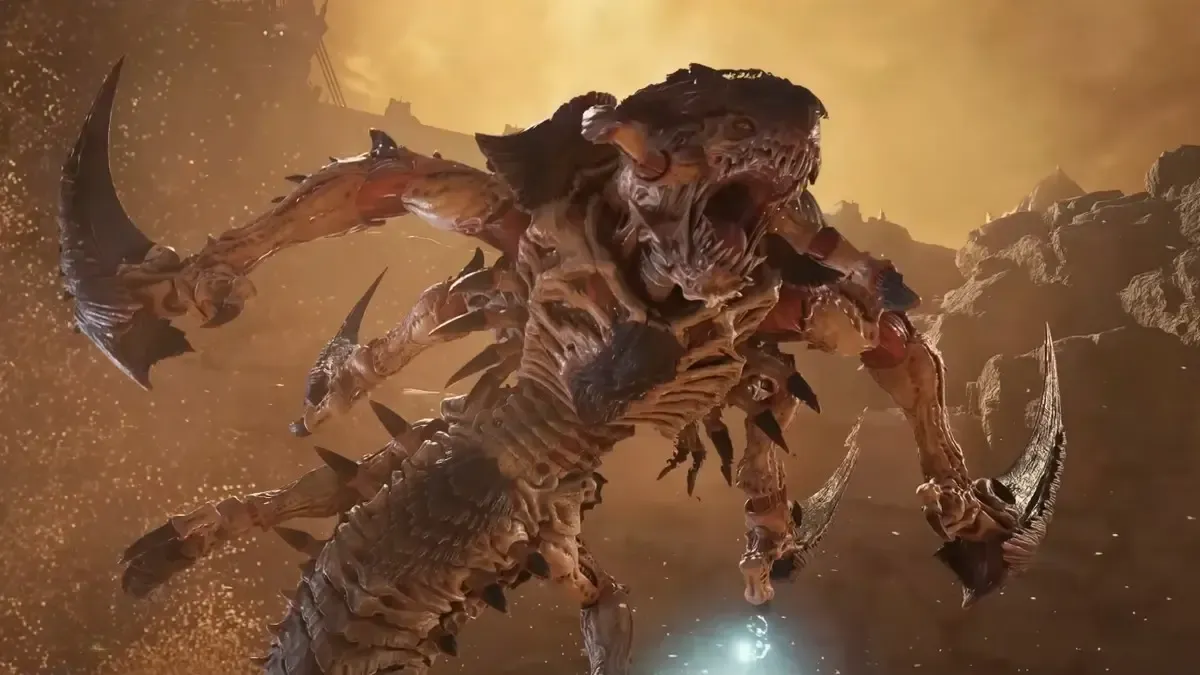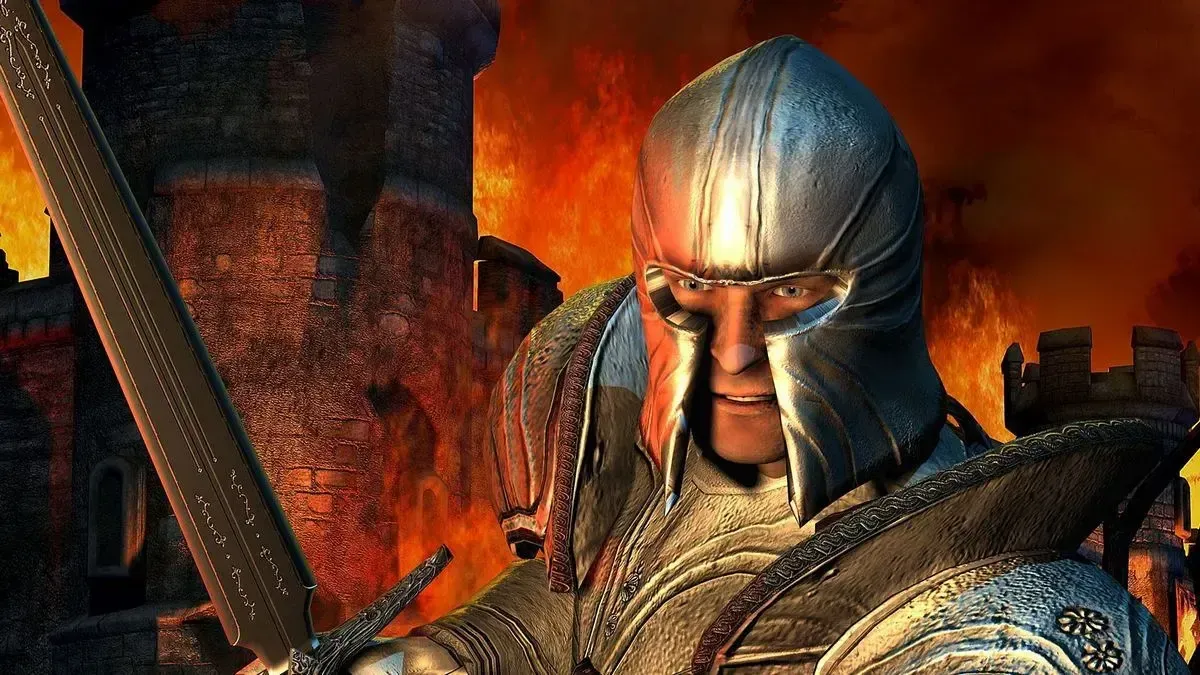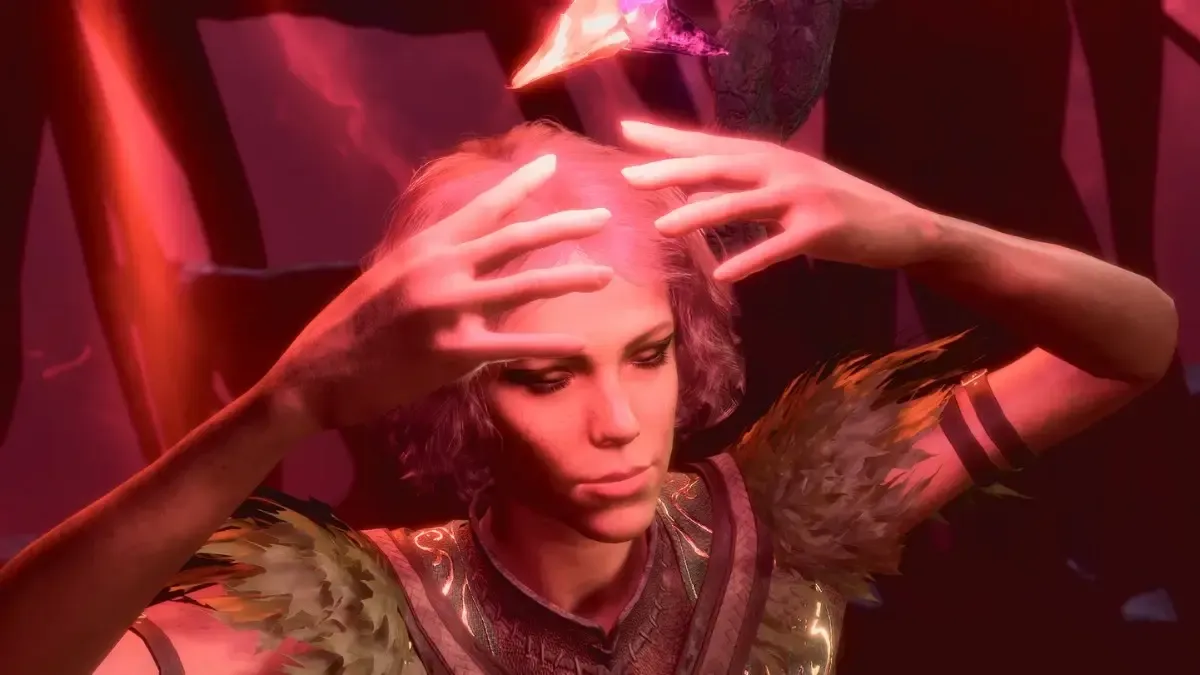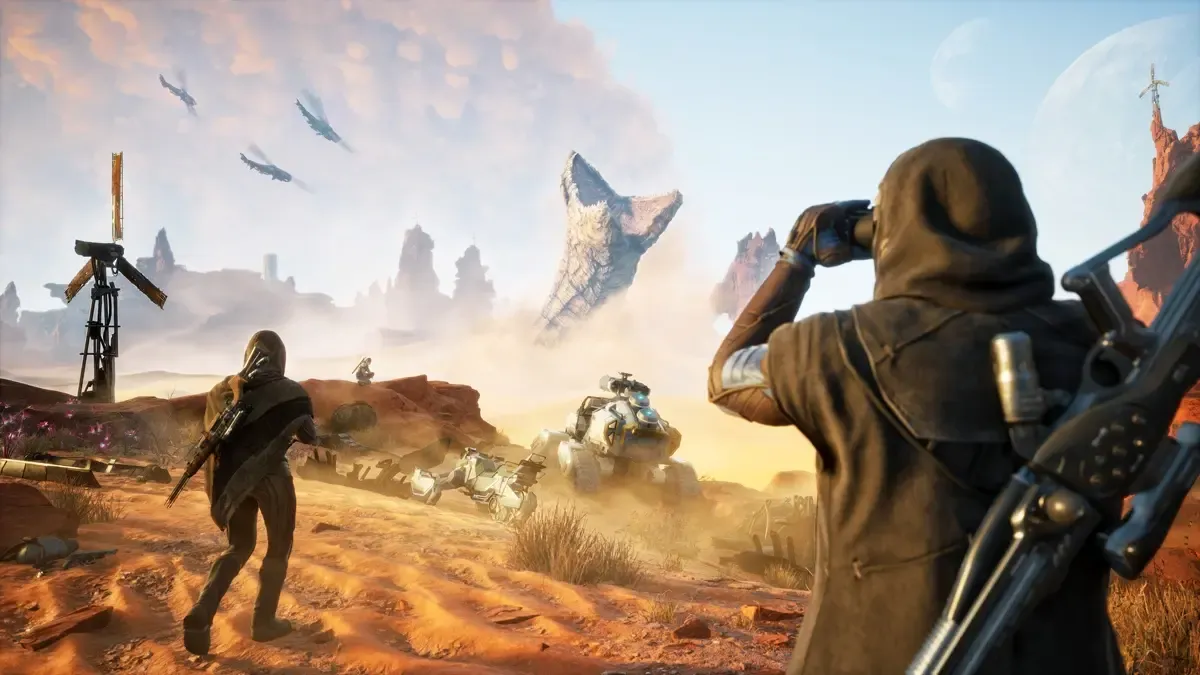All images courtesy of Atlus
Metaphor: ReFantazio is Atlus’ love letter to the JRPG genre, and it’s their best one yet.
I must admit, I’m a massive fan of Atlus and their Persona series. Having played Persona 5 Royal for the first time back in 2019 and thoroughly enjoying it afterwards with over 400 hours of playthroughs (don’t ask how many times I beat the game…), I ended up emulating Persona 1 and 2, and later on even purchasing both ports for Persona 4 Golden and Persona 3, including Persona 3 Reload on Steam.
There’s just something about how Atlus tells a story that satisfies my creative itch. The melding of reality with the fantastical was always so beautifully put together, both literary and visually. The breathtaking designs of the Personas, paired with the compelling story of human struggle was a veritable feast for both the eyes and the heart.
If we’re talking high-quality JRPGs, Atlus can do nothing but only deliver the best ones out there.
So when news broke out about their new title Metaphor: ReFantazio I was beyond ecstatic. What story will I be treated to this time around? What wonders will Atlus create with their stunning visuals and superb story-writing? What kind of soundtrack magic will Shoji Meguro cast upon my eardrums? Will I yet again grab the nearest box of tissues to wipe away my tears, as I often did when I finished each mainline Persona title? I definitely couldn’t wait to get my hands on the game.
And oh boy, did Atlus give me a game that went above and beyond all my expectations.
Visually stunning, auditory a masterpiece
Atlus has always had an overarching artstyle when it comes to their Persona titles, but Metaphor: ReFantazio takes it up a notch with its character and monster designs thanks in large part to the extremely talented video game artist Shigenori Soejima.
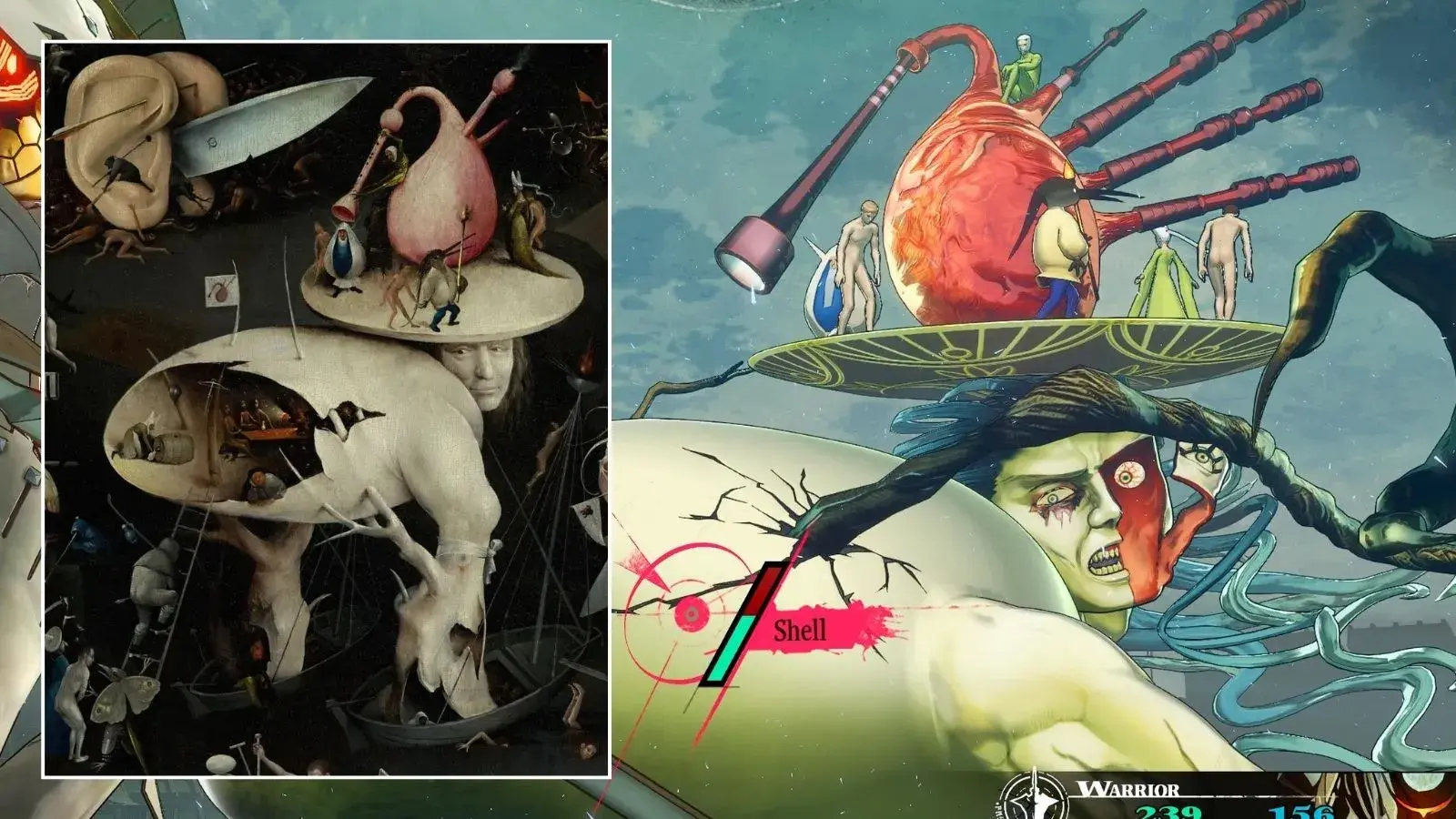
The monsters especially, as opposed to the typical surrealist shadows we would face in Persona, featured a more prominent and grotesque body horror – a melding of the absurd and the mortal that truly did justice to what the enemies were called: humans. Apparently, the designs of the humans were inspired by Dutch Renaissance painter Hieronymus Bosch, who is well known for his triptych The Garden of Earthly Delights.
The setting on the other hand truly feels like you’re in a fantastical world; the background art is awash in watercolour texture, the main city feels like a familiar-yet-unfamiliar version of some far-off western castle settlement, complete with seedy back-alleys and gallows. The art direction blends both modern and traditional styles to set it apart from what Atlus was previously known for.
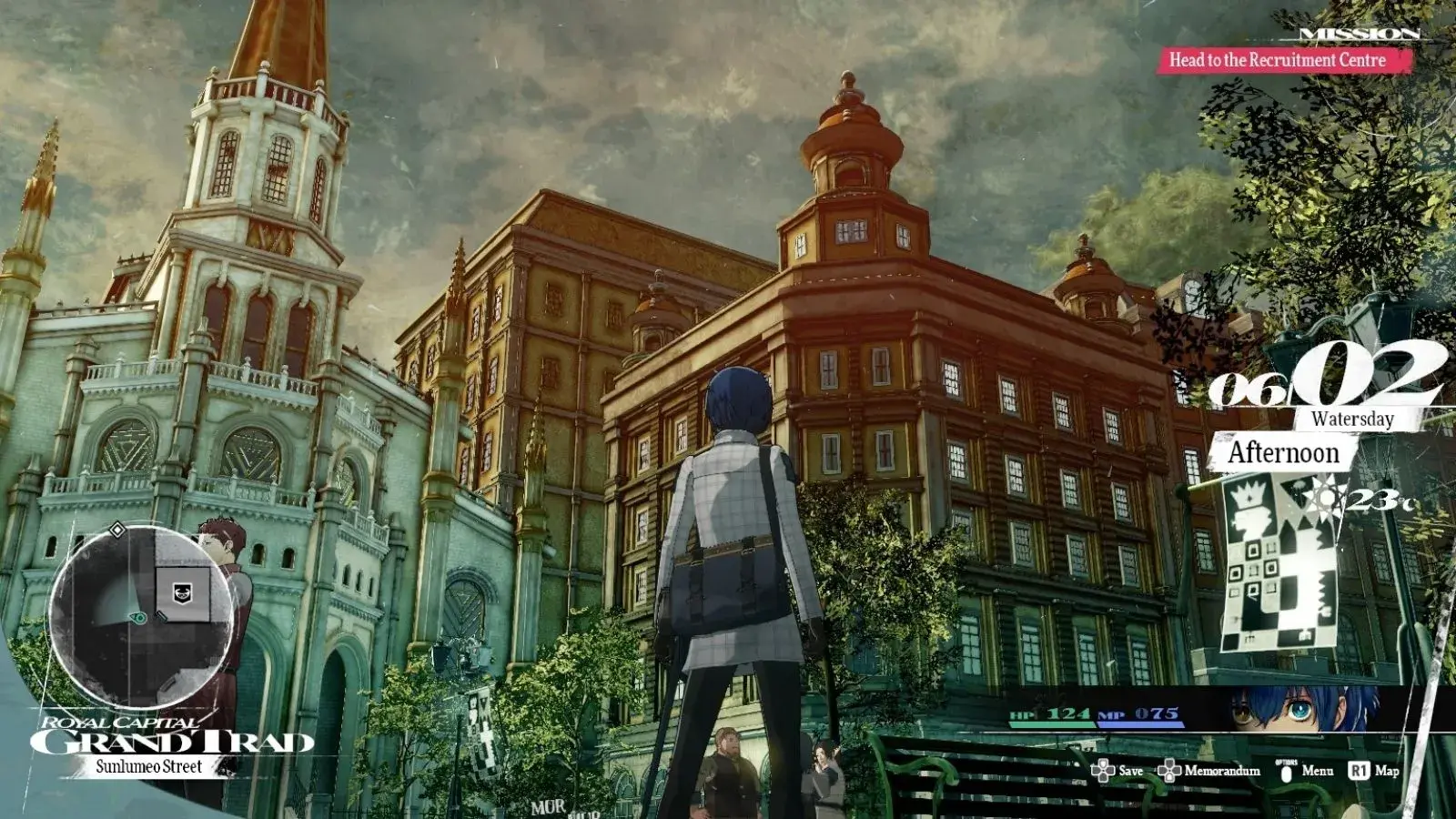
But what really brought the whole game together was the masterful soundtrack composed by Atlus veteran Shoji Meguro. Admittedly, I’m no musician so I can’t say much about its composition or how great it is in whatever scale, but the atmosphere provided by the music truly immersed you in the fantasy that Atlus wanted to provide. The music plays with classical instruments, but also goes experimental with its vocals.
Gone are the jazzy beats of Persona 5, the pop of Persona 4, and the hiphop of Persona 3. You’re in for the magical adventure of your life with just the opening song with Metaphor: ReFantazio.
Tried and tested mechanics in an unfamiliar world
Metaphor: ReFantazio clearly draws significant inspiration from both Persona and Shin Megami Tensei in its core gameplay. It incorporates Persona's calendar system, introduces its own take on Social Links and Social Stats with the Followers and Royal Virtues mechanics, and adopts the Press Turn combat system from Shin Megami Tensei.
These have been a core staple of Atlus’s JRPGs, and although it may seem like the developer is falling back onto familiar and comfortable systems, don’t be fooled, Metaphor: ReFantazio takes it up a notch and entirely makes these mechanics its own, unique flavour.

Even the “Persona” mechanic itself, which grants a character power by accepting their “other selves” gets a complete makeover.
Now known as the “Archetypes”, significant characters in the game can attain an ancient magic that only opens itself to those who “walk the virtuous path of the hero”. And unlike the “Persona”, characters in your party are free to “study” Archetypes, leading you to actively assign which Archetype best suits each individual party member based on their stats or characterisation.
It's also fun to note that Archetypes, in the literary sense, is described as “a primordial image, character, or pattern of circumstances that recurs throughout literature and thought consistently enough to be considered a universal concept or situation” – poking at the obviously standardised characterisation we get from the characters we encounter throughout our playthrough.
The Main Protagonist – who I named after my cat George – is attributed as the “Seeker”, one who is compelled to find oneself and their position in the world. Then there's Strohl, one of our earlier companions, who is attributed as the “Warrior”; one who is tough, courageous, and can overcome difficulties and challenges.
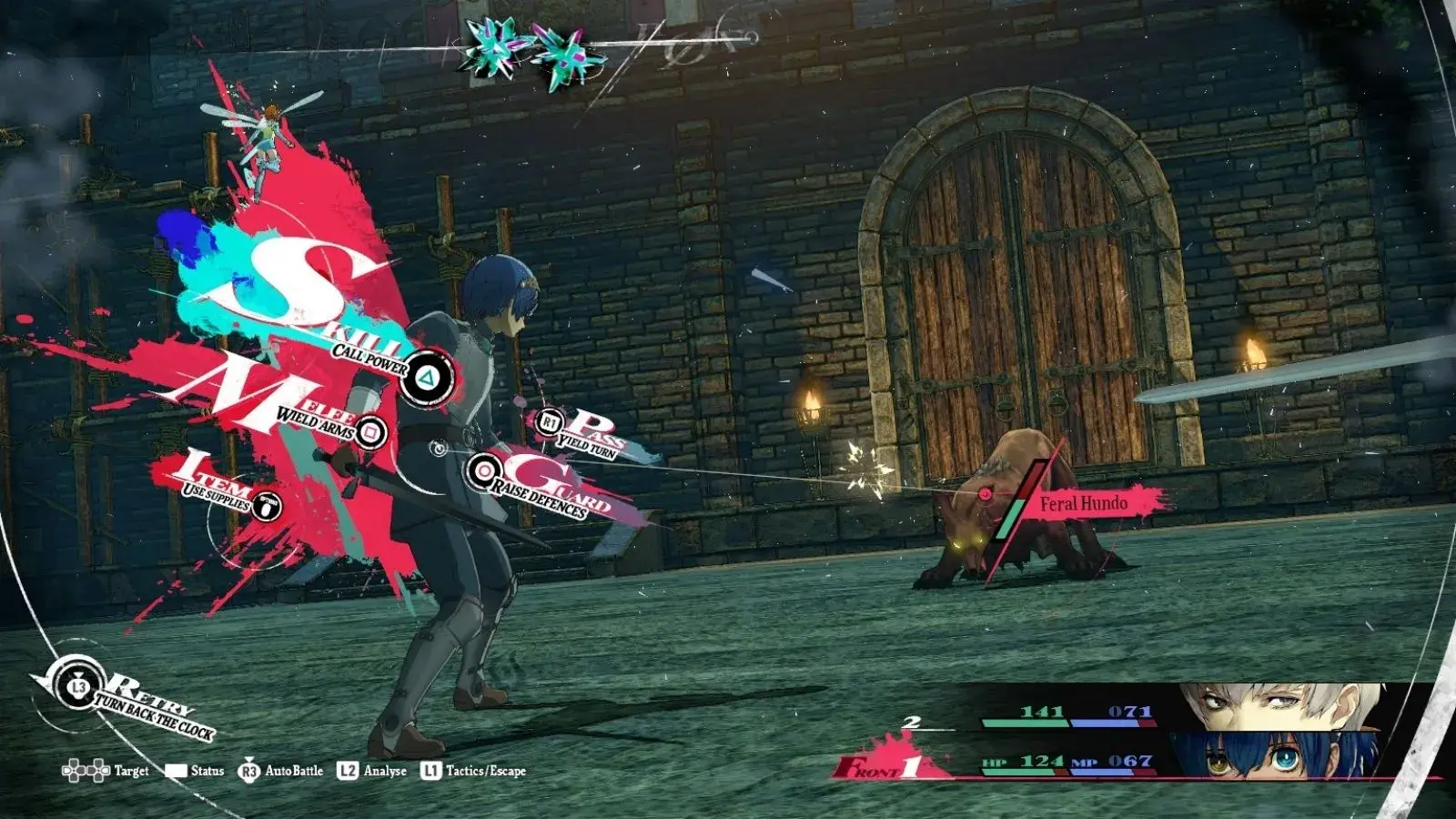
The combat, on the other hand, was a fresh new experience that should appeal to both Persona and Shin Megami Tensei fans. It feels like a refined and arguably more difficult type of turn-based combat as opposed to Persona’s, which amps up the excitement and stakes, although there are still familiar elements like player advantage when you attack enemies without spotting you.
You can choose to go into turn-based mode with the “Squad Battle”, which allows you to cast magic with your Archetype, do a physical attack, guard, or yield your turn to the next character in your party.
Or when you’re high enough of a level as opposed to your opponents, you can easily just hack and slash away!
A compelling story that delves deep into the intricacies of society
Now we all know that Atlus loves to make stories that comment on the state of modern society, usually focusing on heavy topics like political corruption, murder, intrigue, and the acceptance of death. Metaphor: ReFantazio is no different in this regard, as the story delves deeply into the intricacies of oppression and discrimination, which we experience firsthand as we take on the role of the Protagonist.
Now I won’t spoil any of the story beats of Metaphor: ReFantazio, but what I can say is that Atlus does not shy away from fully showing us the grim reality faced by the Protagonist as a veritable outcast of society. We got heckled, bombarded by massively rude and racist comments, and even got blamed for situations outside of our control. In situations like that during my playthrough, I immediately felt this sense of justified anger and motivation to fulfil the ultimate goal the game had introduced from the beginning: the creation of a world that is united and without prejudice.
The mere fact that humans are portrayed as these grotesque monsters also really piqued my interest (in my personal notes while playing the game, I had even written down “HUMANS ARE THE MONSTERS OMG! NOW THAT’S A METAPHOR!”), because is it not also true in reality, no matter how cliche it seems, that the monsters that we encounter are humans too?
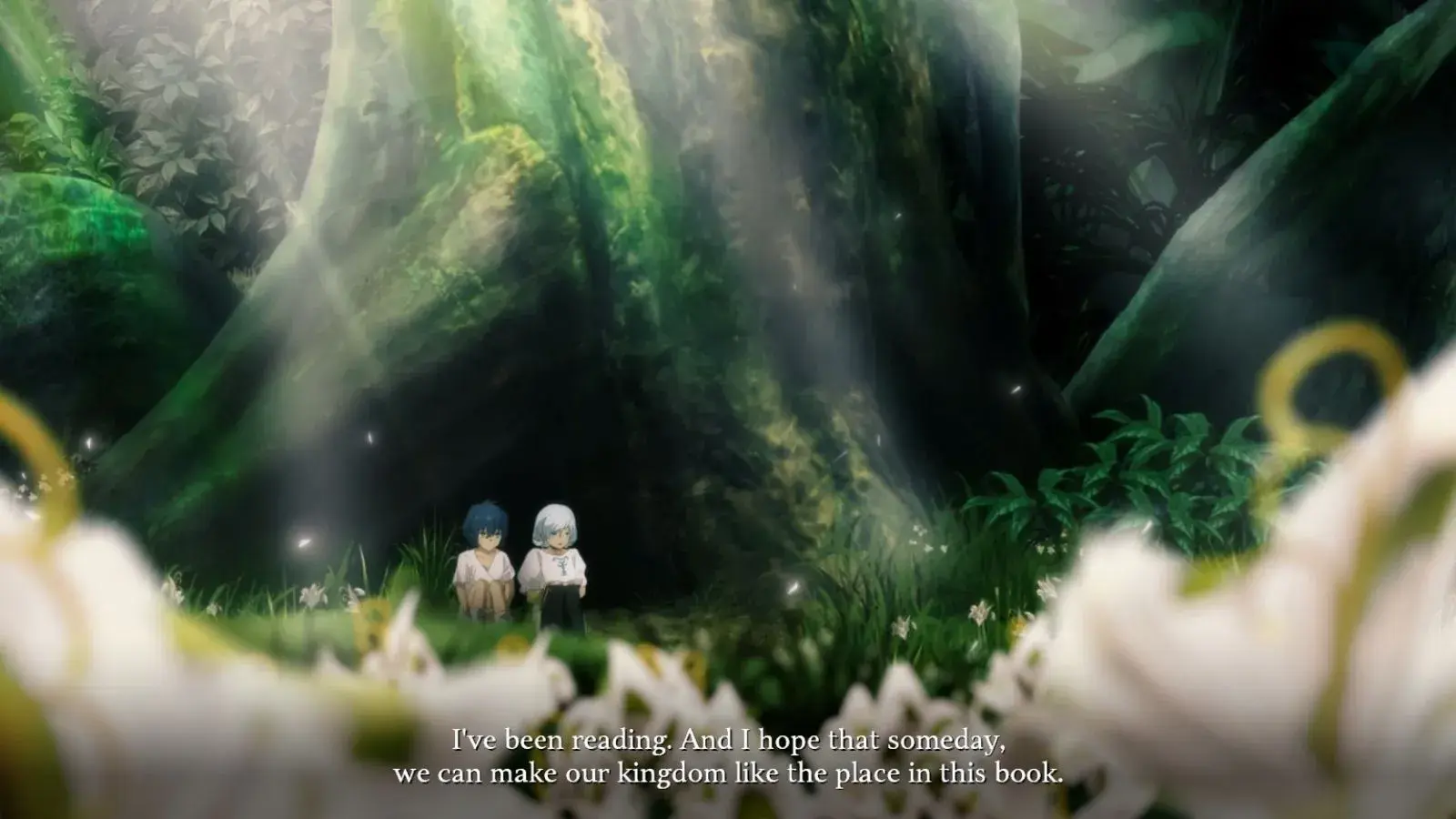
Metaphor: ReFantazio does not skirt around its overall philosophy: there is something incredibly wrong with the world, yes, but that doesn’t mean there is nothing we can do to change it. What I liked most about how the game went through these topics is that it wasn't performative – you truly do want to change the Kingdom of Euchronia’s corrupted ways simply because you were made to witness the atrocities firsthand, and you are taking an active role in doing so.
Metaphor: ReFantazio points out time and time again the true spirit of the “hero”, emphasising its virtue to overcome obstacles and achieve a goal for the greater good. And truly, it does so amazingly. It doesn’t show the journey as a simple quest where we win in the end, the game also shows us the intricacies of such desires, and how collective action, although can lead to major change, is in itself also a struggle to pursue.
Verdict
When Atlus stated that Metaphor: ReFantazio is the result of 35 years of perfecting the JRPG formula, they weren't kidding. I have nothing negative to say about how Metapor: ReFantazio played out its story, which to me is one of Atlus's greatest entries yet. From the game design, to the gameplay, to the battles, and even to the little moments of respite with Gallica, every single thread I encountered in the game wove a beautiful, near life-changing tapestry of a game masterpiece that I attest can only ever be experienced once in your lifetime. So go play it!
Metaphor: ReFantazio is now available on PC, PlayStation 4, PlayStation 5, and Xbox Series X|S.

